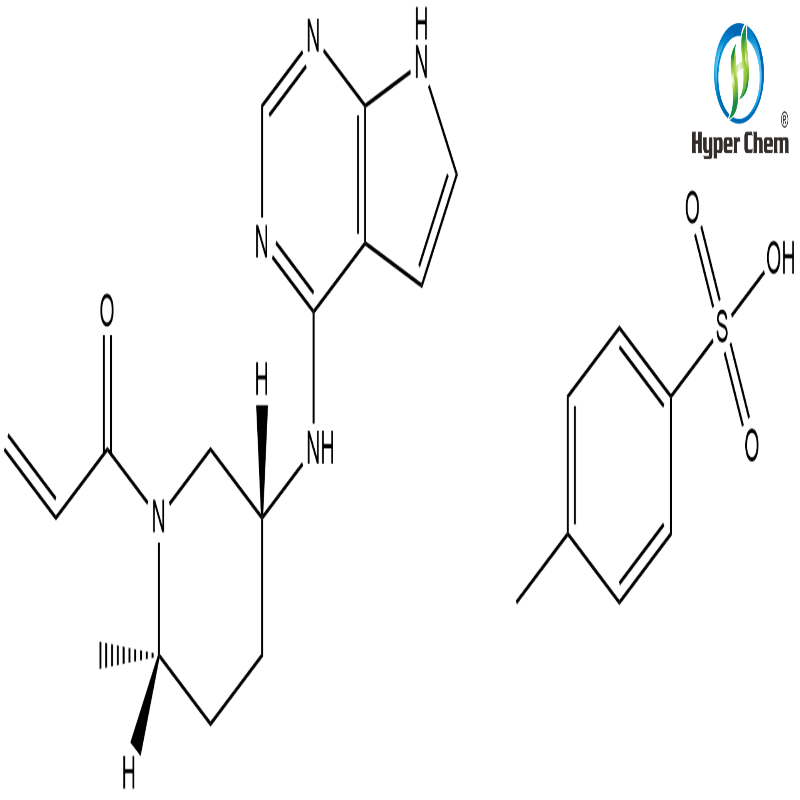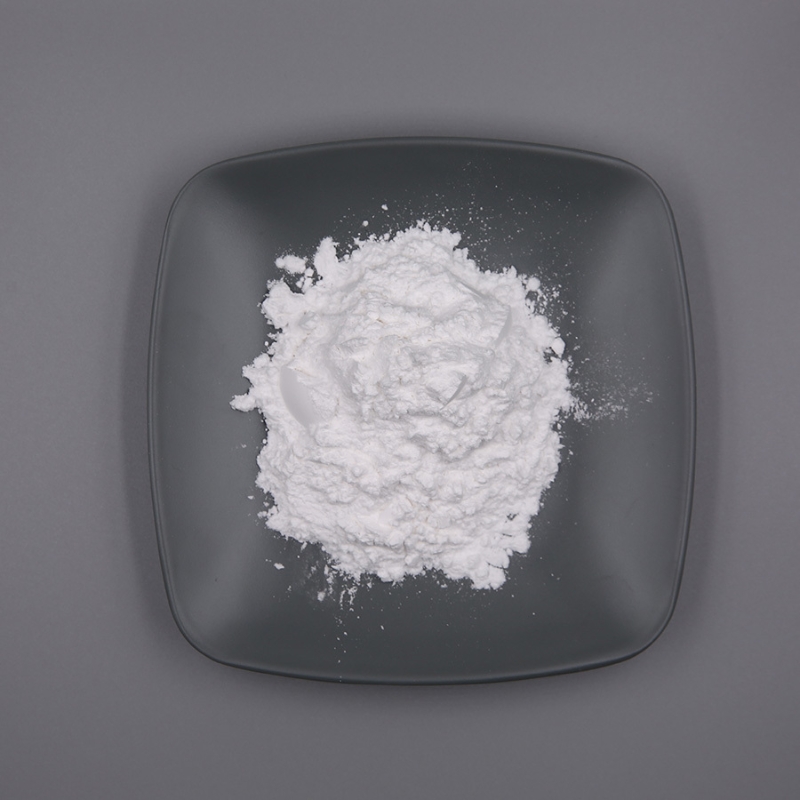-
Categories
-
Pharmaceutical Intermediates
-
Active Pharmaceutical Ingredients
-
Food Additives
- Industrial Coatings
- Agrochemicals
- Dyes and Pigments
- Surfactant
- Flavors and Fragrances
- Chemical Reagents
- Catalyst and Auxiliary
- Natural Products
- Inorganic Chemistry
-
Organic Chemistry
-
Biochemical Engineering
- Analytical Chemistry
-
Cosmetic Ingredient
- Water Treatment Chemical
-
Pharmaceutical Intermediates
Promotion
ECHEMI Mall
Wholesale
Weekly Price
Exhibition
News
-
Trade Service
October 31, 2020 /--- In a new study, researchers from the Icahn School of Medicine at Mount Sinai found that the vast majority of people infected with mild to moderate COVID-19 develop a strong antibody response that remains relatively stable for at least five months.
, they also found that this antibody response was associated with the body's ability to menilise (or kill) SARS-CoV-2, the coronavirus that causes COVID-19 disease.
study was published online October 28, 2020 in the journal Science under the title "Robust neutralizing antibodies anti-SARS-CoV-2 infected for months."
activity in serum samples was associated with ELISA titration.
images from Science, 2020, doi:10.1126/science.abd7728. Co-author dr Florian Krammer, co-author of the
paper and professor of vaccines at mount Sinai's Icahn School of Medicine, said: "While some reports suggest that antibodies against the virus will soon disappear, we find the opposite: more than 90 percent of people with mild or moderate illnesses produce antibody reactions that are sufficient to moderate the virus, and that the antibody response lasts for several months."
found that the robustness of antibody responses to SARS-CoV-2, including its persistence and neutrality, is critical to enable us to effectively monitor sero-positive rates in the community and determine the duration and level of antibodies that protect us from re-infection.
is critical to effective vaccine development.
the study was based on a data set of 3,082 people who were screened in the Mount Sinai health system between March and October 2020.
antibody test used in this study--- enzyme-linked immunosorption test (ELISA) -- is based on the virus's signature protein, the hedgehog protein, which allows the virus to attach and enter our cells.
ELISA testing method was developed, validated and introduced by a team of internationally renowned researchers and clinicians at the Icahn School of Medicine at Mount Sinai.
antibody testing method can detect the presence or failure of SARS-CoV-2 antibodies and, more importantly, it can measure the level of antibody titration (level) that an individual has.
The high sensitivity and specificity of this test method means that false negatives or false positives are highly unlikely, making it one of the first products to be licensed for emergency use by the New York State and the U.S. Food and Drug Administration (FDA).
In late March, mount Sinai's Icahn School of Medicine began screening individuals for SARS-CoV-2 antibodies to recruit volunteer donors for its recovery plasma therapy program--- one of the first of its kind in the United States.
clinical laboratory at Mount Sinai Hospital in China used different dilutions (1:80, 1:160, 1:320, 1:960, or ≥1:2880) to establish antibody test results.
antibody titration scores were produced by the researchers who were able to detect the presence of antibodies after diluting the patient's serum a few times.
1:80 and 1:160 are low titrations, 1:320 are medium titrations, and 1:960 or ≥1:2880 are high titrations.
As of early October, 72,401 people had been screened at mount Sinai's Icahn School of Medicine, and a total of 3,082 people had tested positive (defined as anti-prick protein antibodies that can be detected with a titration of 1:80 or more).
of these positive samples, 690 (2.29%) had a titration of 1:80; 49%) had a titration of 1:320; 9564 (31.79%) had a titration of 1:960; and 11610 (38.60%) had a titration of 1:2880.
, the vast majority of positive individuals have medium- and high-titration anti-prick protein antibodies. "Our microbiology colleagues have built great scientific tools to bring them from research labs to clinical laboratories, where we can perform robust and compatible diagnostic tests at an unprecedented rate," said Dr. Carlos Cordon-Cardo, co-author of the
paper and head of the Department of Pathology at Mount Sinai's Icahn School of Medicine.
of so many people has enabled us to discover knowledge that will help provide information for coVID-19 policies and help vaccine development.
" determination of the meso-effects of SARS-CoV-2 is critical to understanding the potential protective effects of the immune response.
based on real SARS-CoV-2, the researchers quantitatively micro-neutraled 120 samples known to have ELISA titrations from "negative" to 1:2880.
they found that about 50% of serums were moderately active in the 1:80 to 1:160 titration range, 90% were moderately active in the 1:320 range, and all serums were moderately active in the 1:960 to 1:2880 range.
important and unresolved issue in the scientific community is the persistence of antibody responses to prickly proteins.
to answer this question, the researchers recruited 121 plasma providers of different titration levels for repeated antibody testing about three and five months after symptoms occurred.
When comparing overall titer, they observed a slight drop in geometric mean titer (geometric mean titer, GMT) from the first detection point (30 days after symptoms) to the second detection point (82 days after symptoms occurred), and the geometric average titer at the last detection point (148 days after symptoms) dropped to 404, indicating that most patients were still able to maintain moderate levels of antibodies five months after symptoms occurred.
in the higher titration range, they observed a slow decline in the titration over time.
, they found an initial increase in titration in people with low to moderate levels during the initial test.
this is consistent with their team's earlier observations--- seroconversion may take longer to achieve --- in mild COVID-19 cases. Co-author of the
paper, Dr. Ania Wajnberg, Director of Clinical Antibody Testing at the Icahn School of Medicine at Mount Sinai, said, "The serum antibody titularity we initially measured in individuals was most likely produced by plasmablast, also known as plasma mother cells, which first react to the invading virus and produce the initial antibodies, which quickly weaken the strength of the antibodies produced."
levels of persistent antibodies that we subsequently observed were most likely produced by long-lived plasma cells in the bone marrow.
this is similar to what we have observed in other viruses, which may mean that they will stay here.
we will continue to follow this group for a long time to see if these levels remain as stable as we suspect and hope.
" these data show that antibody binding titration titration against hedgehog proteins is significantly associated with the meso-effects on SARS-CoV-2, and that the vast majority of individuals with antibody titrations of 320 or higher showed moderate activity in their serums, and that this mesoactive activity was stable for at least 3 months, with only a moderate decrease in 5 months.
Protection-related factors for many different viral infections, including influenza viruses, measles viruses, hepatitis A viruses, and hepatitis B viruses (correlates of protection, CoP) have been established, often based on specific antibody levels obtained through vaccination or natural infection that significantly reduce the risk of re-infection.
the researchers will continue to track the study queue over a longer period of time.
while this does not provide conclusive evidence that these antibody reactions protect people from re-infection, they believe they are likely to reduce the chances of re-infection and may weaken the disease in the event of a breakthrough infection.
in order to provide a reference for the development of policies for the COVID-19 pandemic and to facilitate vaccine development, it is imperative that rapid research be conducted to investigate and establish protection-related factors for SARS-CoV-2.
the researchers are currently conducting such investigations.
(bioon.com) Reference: 1.Ania Wajnberg et al. Robust neutralizing antibodies to SARS-CoV-2 infect for persist months. Science, 2020, doi:10.1126/science.abd7728.2.Most people mount a strong antibody response to SARS-CoV-2 that doess decline not rapidly: study







